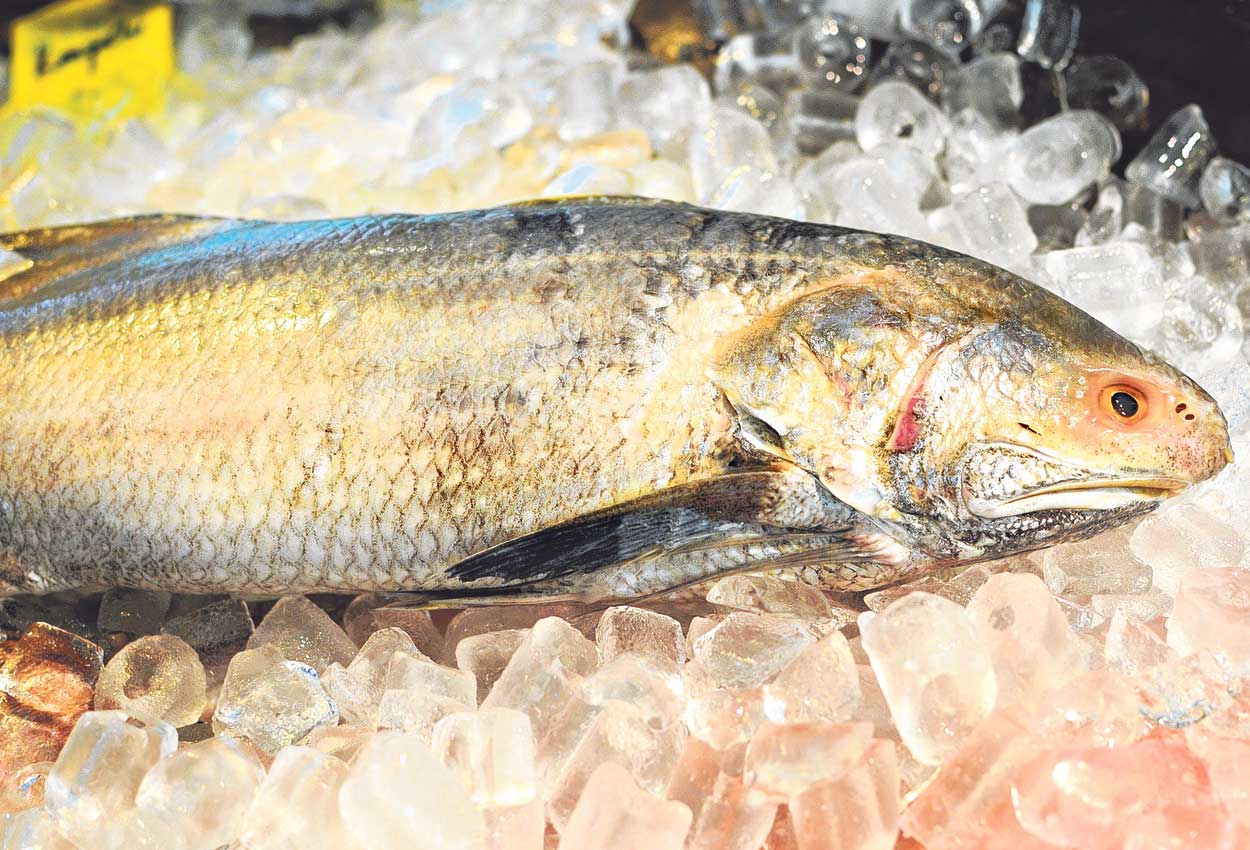SINGAPORE – Three out of four fish species commonly eaten here are unsustainable, said the World Wide Fund for Nature Singapore (WWF-Singapore), as it called for more to be done before these species disappear from the oceans – and restaurant menus – forever.
Unsustainable species include the Indian threadfin, also known as the ngoh hur, used in fish porridge; silver pomfret, commonly used in Chinese dishes; and yellowbanded scad, or ikan kuning, a key ingredient in nasi lemak.
On Tuesday (Oct 4), WWF-Singapore launched a guide which assesses the environmental sustainability of more than 40 popular seafood species in Singapore.
Its chief executive Elaine Tan said that Singapore has a “big role” to play in protecting the oceans as the country is one of the biggest consumers of seafood in the world per capita. People in Singapore consume about 22kg of seafood per person yearly, more than the global average of 20kg.
“We are squandering one of our greatest natural resources by failing to manage our fish stocks sensibly,” said Ms Tan. “The Seafood Guide empowers everyone in the supply chain to make conscious choices that prevent the further exploitation of fish stocks.”
A sustainable seafood business forum, which brought together retailers, hoteliers, restaurants and suppliers from the seafood industry was held on Tuesday (Oct 4) to discuss these issues. At the forum, industry leaders such as seafood supplier Global Ocean Link and integrated resort Marina Bay Sands said they will source their seafood responsibly and pave the way for the rest of the industry to follow suit.

This article was first published on October 05, 2016.
Get a copy of The Straits Times or go to straitstimes.com for more stories.






